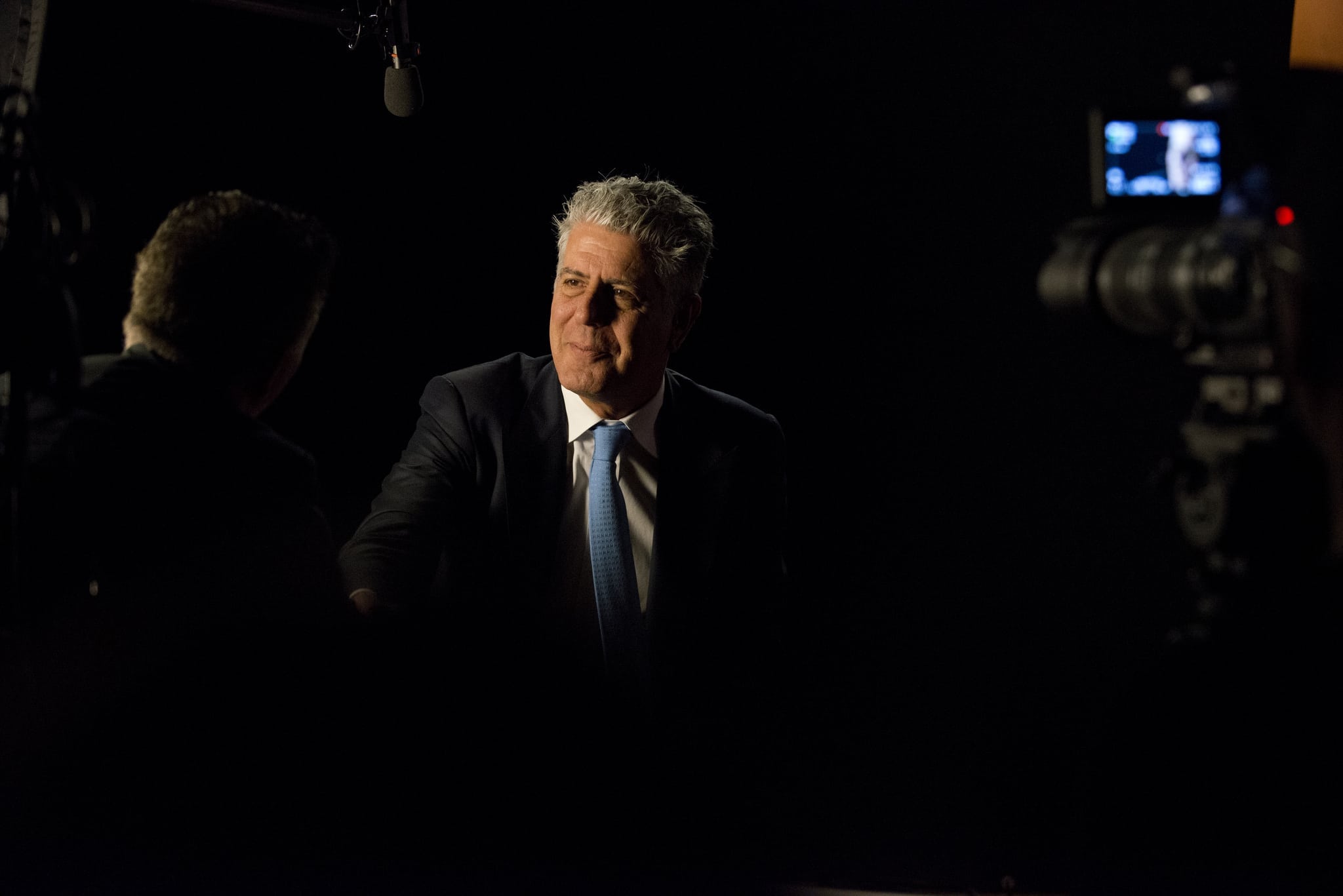Designer Kate Spade is dead at 55. Chef and CNN world traveler Anthony Bourdain is dead at 61.
These are just the latest in a long line of tragic, high-profile deaths by suicide.
Google “celebrity suicide” and the lists are seemingly endless. They stretch back centuries. Included are people whose influence on our collective culture remains strong today: Robin Williams, Kurt Cobain, Sylvia Plath, Ernest Hemingway and Marilyn Monroe.
By all outward appearances, celebrities have it all: fame, fortune, talent and power. Yet none of that could save the people on these lists from the ravages of the mental illnesses that ultimately appear to have caused their deaths.
“Depression and suicide do not discriminate,” said James F. O’Dea, PhD, MPH, vice president of the Hartford HealthCare Behavioral Health Network. “They impact the rich and the poor, the famous and the not so famous, men and women, young and old.”
Perhaps most significant now — in the immediate aftermath of the deaths of Spade and Bourdain — is the significant and continued influence of their celebrity. Bourdain, in particular, was a master communicator, publicly portraying a zest for life and adventure that belied his personal demons of addiction and mental illness.
According to a 2007 study published in the Journal of Epidemiology and Community Health, “Celebrity suicide is a risk factor for suicidal ideation over a short term as well as over a long term.”
What that means can be unfortunate: that even from their graves, these celebrities are telegraphing to large masses of people a dangerous and untrue message: that ending one’s life is a solution to ending mental illness. Kate did it. Robin did it. Marilyn did it. Anthony did it. It must be OK for me, too.
And that’s where some celebrities fail society as a whole: Suicide is NEVER an option. Not today. Not tomorrow. Not ever. The voices — earthly and otherwise — telling you that it is okay to hurt yourself are just plain wrong.
But there is something positive to gain from our grief in the aftermath of the deaths of Kate Spade and Anthony Bourdain.
“Prominent incidents like these give us the chance to talk more about mental health and recovery, and get ahead of the issue,” said Dr. O’Dea.
If you or someone you know is experiencing an immediate mental health crisis, including suicidal ideation, the first step to get help is by calling 9-1-1, or visiting your local hospital emergency department.
Other resources include the National Suicide Prevention Lifeline at 1.800.273.8255, and the Crisis Text Line (text the word “HELP” to 741741), as well as an anonymous depression screening available here, and the numerous short-term and long-term recovery options available across Connecticut from the Hartford HealthCare Behavioral Health Network.

